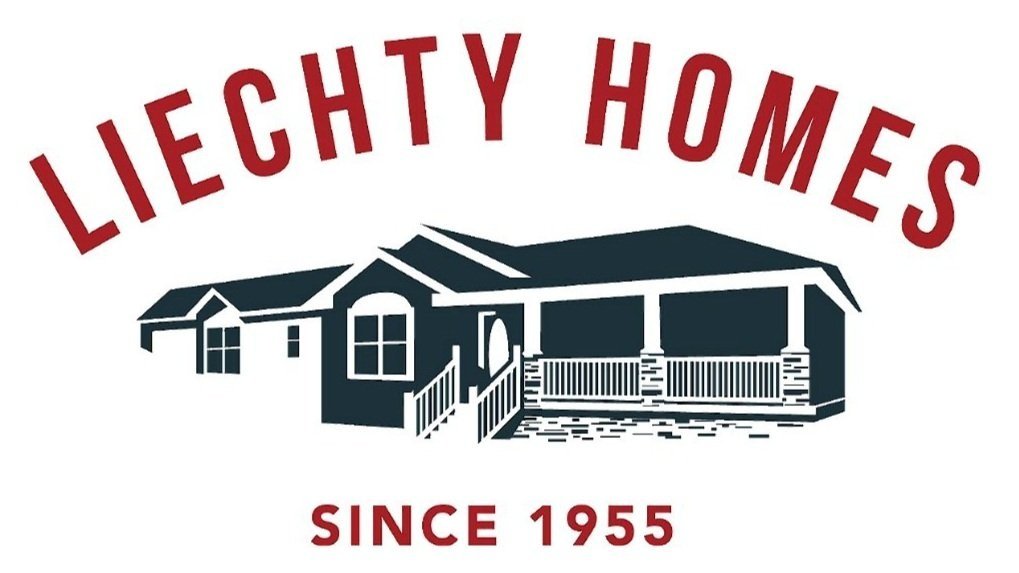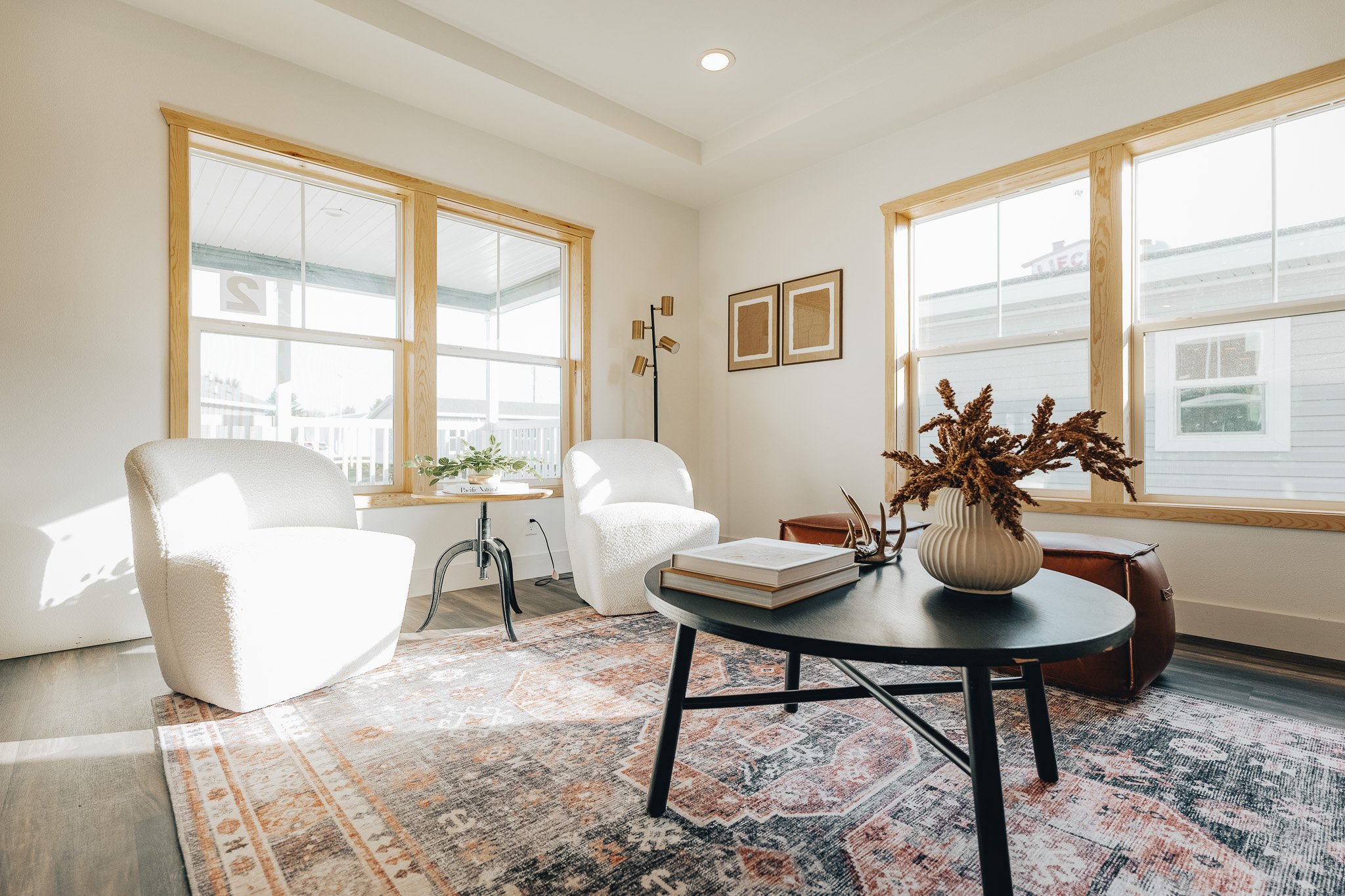Do Manufactured Homes Depreciate ?
The Truth About Manufactured Home Value: Depreciation or Appreciation?
A common question surrounding manufactured homes is whether they depreciate in value over time, similar to vehicles, or if they can appreciate like traditional site-built homes. The straightforward answer is that modern manufactured homes, built under the stringent HUD Code (effective since June 15, 1976), can and often do appreciate in value, but this is contingent upon several critical factors. The outdated notion that all manufactured homes automatically lose value stems largely from the era of pre-HUD Code "mobile homes," which were constructed to different standards. Today's manufactured homes are built with quality materials and to federal safety and construction standards, making their potential for value appreciation much more comparable to site-built homes when certain conditions are met. Research, including data analyzed by the Federal Housing Finance Agency (FHFA) and institutions like the Urban Institute, indicates that manufactured homes have shown appreciation trends, sometimes even on par with site-built homes, especially when the land is owned by the homeowner (Source: Urban Institute, FHFA). A study from East Carolina University also found that manufactured homes with fixed foundations and listed as real property appreciated at comparable rates to site-built properties (Source: NC Manufactured & Modular Homebuilders Association). Therefore, while depreciation can occur, it's not an inherent characteristic of the home type itself but rather influenced by a combination of external and maintenance-related elements.
Several key elements significantly influence whether a manufactured home will gain or lose value over its lifespan:
Land Ownership and Classification: This is arguably the most crucial factor. When a manufactured home is permanently affixed to land owned by the homeowner and is classified as "real property" (meaning the home and land are a single piece of real estate), it is far more likely to appreciate. Conversely, homes sited on leased land in manufactured home communities (where the homeowner rents the lot and the home is often classified as "personal property" or chattel) may see different value trajectories, with the land's value and community desirability playing a significant role.
Foundation Type: Homes installed on a permanent foundation system (like a concrete slab, basement, or crawl space) are treated more like real property and tend to hold or increase their value better than homes on temporary pier and beam systems, especially if not regularly maintained.
Maintenance and Upkeep: Just like any home, regular maintenance, timely repairs, and thoughtful upgrades are vital. A well-maintained manufactured home, both structurally and aesthetically, will command a better resale value and is more likely to appreciate.
Location and Community: The desirability of the neighborhood, quality of local schools, employment opportunities, and the overall condition and amenities of the community (if applicable) heavily impact a home's value. A well-managed community with attractive features can enhance the value of the homes within it (Source: Inspire Communities).
Market Conditions: General real estate market trends, including supply, demand, and inflation rates in the specific geographic area (like Jamestown, Bismarck, or the broader Upper Midwest), will affect the value of manufactured homes just as they do site-built properties.
Age and Initial Price: While newer HUD Code homes are built to higher standards, all homes experience wear over time. However, because manufactured homes often have a lower initial purchase price, the starting point for appreciation is different, and the focus should be on percentage gains relative to that initial investment.
Financing: Homes financed with traditional real estate mortgages (common when the home and land are real property) often fare better in terms of perceived and actual value compared to those financed with higher-interest chattel loans.
In conclusion, the idea that manufactured homes are destined to depreciate is largely a myth when considering modern, HUD Code-compliant homes. When properly sited on owned land with a permanent foundation, well-maintained, and located in a desirable area with favorable market conditions, manufactured homes offer a viable path to homeownership with the potential for equity growth and appreciation, much like their site-built counterparts.


